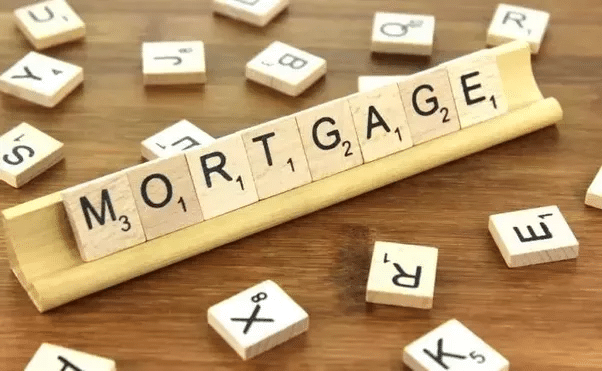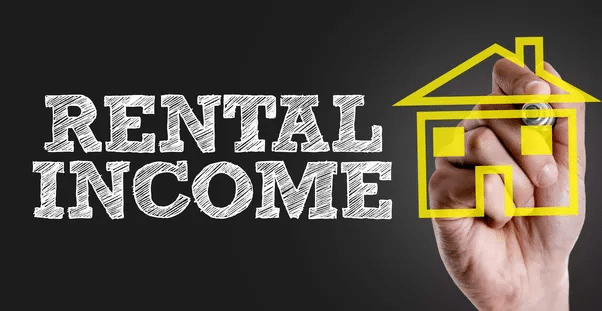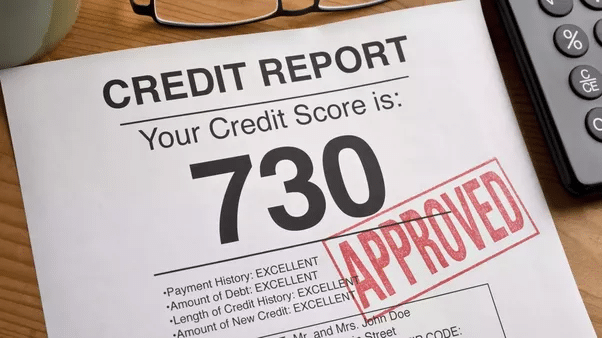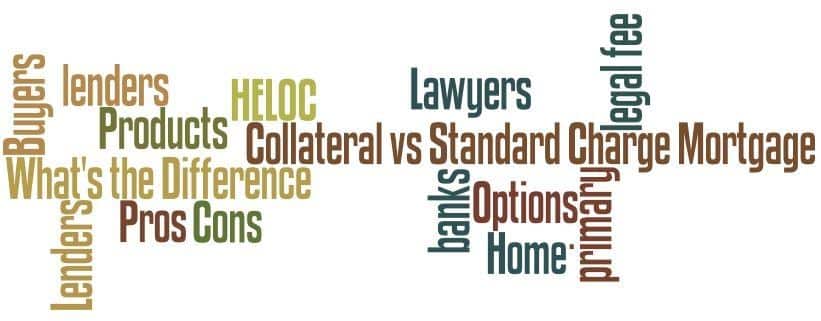I’ve had a few people ask me over the past couple weeks about collateral mortgages. I figured I’d publish some information on the differences between a conventional mortgage (mortgage charge) and collateral mortgage (collateral charge). Which is registered against your property?
Conventional Mortgage
A conventional mortgage is what you think it may be – just your regular mortgage. It consists of you knowing your payments, interest rate, amortization period and the day your mortgage could be paid in full. An example would be a property with a purchase price of $270,000. A 20% down payment would result in a conventional mortgage of $216,000 with a 5 year term, an interest rate of 2.54% and an amortization period of 25 years. Your monthly mortgage payment would roughly be $971.92 plus property taxes.
After the 5 year term has passed, the balance of your mortgage has declined (assuming you haven’t refinanced to take out some equity) and your mortgage would be up for renewal – subject to the then current interest rates being offered by lenders. Your monthly payment would then possibly change as well. At this time, other lenders will allow you to ‘transfer’ or ‘switch’ your mortgage at no cost to you. You also have the ability to have another lender approve a second mortgage for a second property or a Home Equity Line of Credit behind your first mortgage.
Collateral Mortgage
With a collateral mortgage, the lender will issue what is basically a promissory note or loan agreement secured by the collateral security of a mortgage against your home. This type of mortgage allows for the lender to register your mortgage for up to 125% of the value of your home. For example, the purchase price (and value) of $270,000 and a 20% down payment would result in a mortgage registered in the amount of $337,500, yet you would only receive $216,000. It does allow you to borrow more money from the same lender, upon approval, without having to register another mortgage or incur lawyers fees to refinance your mortgage.
The issues presented here are as such.
1. After your 5 year mortgage term has passed you would not be able to easily switch your mortgage to a new lender to take advantage of the best interest rates at that time – you are essentially ‘stuck’ with that lender because of the collateral charge on your property. With a collateral mortgage, you forego your ability to shop for and obtain the most competitive rates other than what your lender is offering you.
2. If you are wanting to refinance your mortgage to consolidate debts, or renovate your home and your lender declines – you would not have the ability to approach another lender for the funds. On paper, it also looks as if you have more debt registered to your name than what you actually owe (from the paragraph earlier, your mortgage can be registered at 125% of the value of your home).
3. Lenders may also use their ‘right of offset’ within the Canadian Law to utilize the equity in your home on your collateral charge mortgage to pay out any other outstanding debts (Lines of Credit, Credit Cards etc.) you have with them.
Unfortunately the aspects of a collateral mortgage are not necessarily discussed or disclosed in detail upon signing your mortgage agreement from your lending institution. In recent years, banks have now made it evident that their clients are signing a collateral charge mortgage.
As a mortgage agent, I am advising you to ask a lot of questions with regards to your mortgage and have your lawyer review all paperwork before signing a mortgage commitment.





